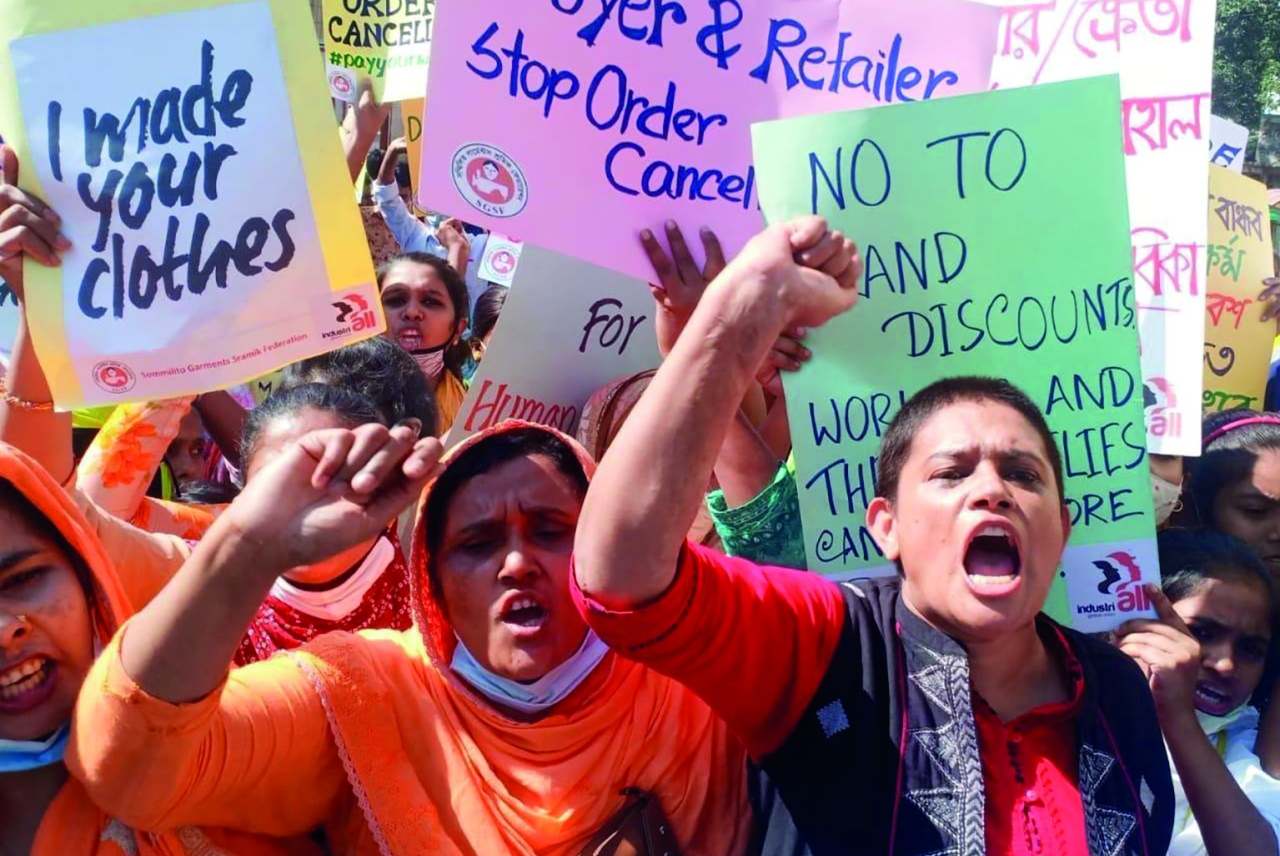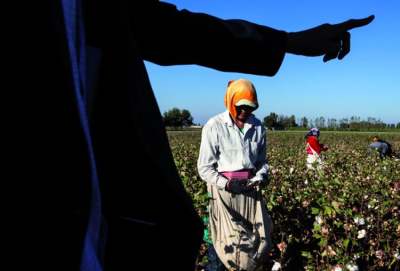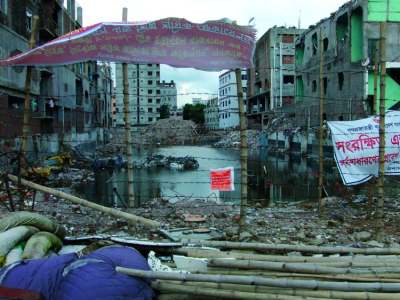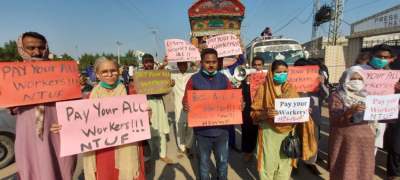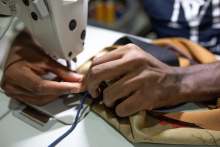Why are working conditions so poor in the garment industry?
Over the last 50 years, more and more fashion brands have started producing their clothing overseas. Companies have outsourced production to countries like Bangladesh, Myanmar and Pakistan where working conditions remain poor, allowing them to cut their costs and prices.
In turn, sweatshops in these countries rely on the fact that many members of the population are in desperate need of work: they are forced to accept shockingly low conditions by factors like poverty and urban migration due to climate change.
Brands in the global north both drive and profit from this situation.
Fast-fashion companies have an enormously high turnover of clothing. In the past 20 years, the amount of garments produced annually has doubled, to 100 billion items each year. Many brands offer new designs weekly. This all makes orders unpredictable for garment factories, who in turn rely on a precarious, underpaid and exploited workforce to meet demands.
Fiona Gooch from campaign group Transform Trade told us, “Many retailers pay suppliers up to 6 months after receiving the products. While factories are waiting to be paid, they have to pay interest on loans to cover ongoing costs such as material and wages.
“Brands change design while keeping the same delivery date; change the volume of orders they’ve agreed, or even tell suppliers that they’ll only pay them once a majority of the stock has been sold through their shops. These abusive practices have disastrous knock-on effects.
“Suppliers squeeze their workers to cover the extra costs – dropping pregnancy and maternity rights, demanding unpaid overtime, or failing to make factories safer.”
Invisible homeworkers
For millions of garment homeworkers in south Asia, working from home can mean going unacknowledged in the supply chain policies of fashion brands. A new report,'Working From Home: The Decent Work Deficit of Homeworkers in Selected Cities in South Asia', has found that this can contribute to a culture of extremely low wages and a lack of access to unionisation or the means to negotiate with employers.
The report found that while many homeworkers reported receiving less pay and fewer benefits than their counterparts working in factories, many still preferred to work from home due to family and caring commitments and the terrible, and often dangerous, working conditions frequently endured by garment factory workers.
More than 90% of female fashion homeworkers interviewed in India, Nepal and Pakistan reported earning below the minimum wage.
Rakesh Supkar, India Business Head for Transform Trade, one of the charities involved in the EU-funded report (alongside Homeworkers Worldwide and HomeNet International) stated:
“We call on those brands which haven’t yet done so to introduce a homeworker policy. When homeworking is done right, it can provide flexible, dignified employment and vital income to the millions of women who are unable to work in factories.”
Ensuring equal pay and representation for homeworkers could also create the opportunity for more garment workers to choose which form of working works for them.
Read the Working From Home report.
